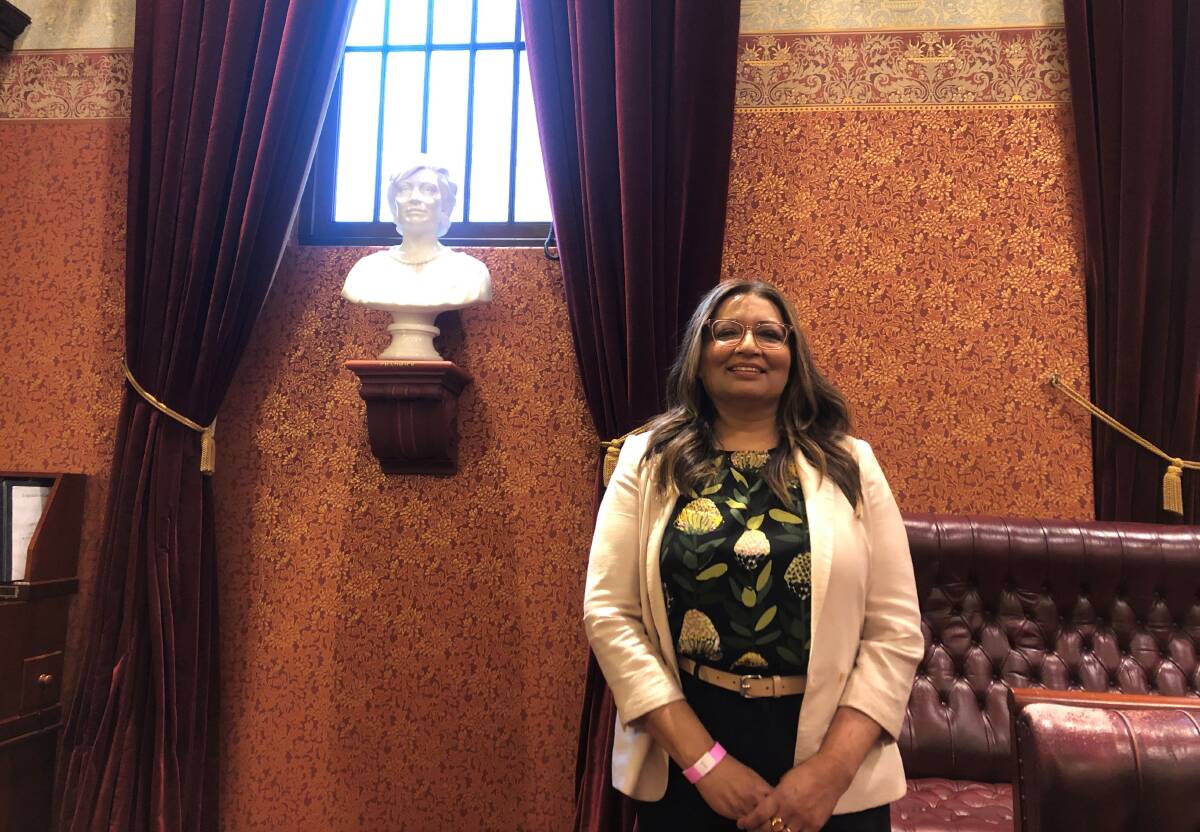
Back on International Women's Day in 2016, when seven marble busts of men looked upon us in the NSW Legislative Council, I launched a motion for the bust of the first woman president of the council, Virginia Chadwick, to be put in the chamber. The motion passed unanimously.
It was back at my old workplace last week for the bust's unveiling.
It is telling that under a Liberal government, with all the power at hand, it was the Greens that set this change in motion. To me, it didn't matter that Virginia Chadwick was a Liberal, and that if she and I had been in Parliament at the same time, we would have sat on opposite sides of the chamber. It didn't matter that she may have held political beliefs different to mine, and it didn't matter that her pursuit to make change may have come through means different to mine.
What did matter was the recognition of a woman for breaking through patriarchal barriers to preside over the upper house for the first time in the history of the oldest parliament in Australia.
The challenges she would have faced in the 1990s would have, unfortunately, been very similar to the challenges women continue to face in public office. Politics remains a hostile place for women. I had first-hand experience of this in the NSW Legislative Council, when there were only 10 women out of 42 members, and now in the senate.
There has been much welcome debate on the lack of safety for women in politics, yet progress towards change is painstakingly slow. There is still very little recognition that women and especially women of colour and First Nations women face extraordinary toxicity, sexism and racism in public and political life.
A few years ago, I met with the women's parliamentary caucus in Punjab Assembly, a provincial parliament in Pakistan, where I grew up. Here were all these women from different political parties sitting alongside each other, discussing issues facing women, and drafting legislation together to tackle violence against women. I couldn't help but ask how they had crossed party lines to form this caucus. They considered it an odd question. To them, it was so obvious that their interests as women and their duty to make change for other women was the highest priority. This was an invaluable lesson.
Since that day, I have wished for the same enthusiasm among Australian MPs to come together, despite their political differences, to make gender equity a reality. We need this solidarity to shake up the status quo. After all, "women united can never be defeated".







